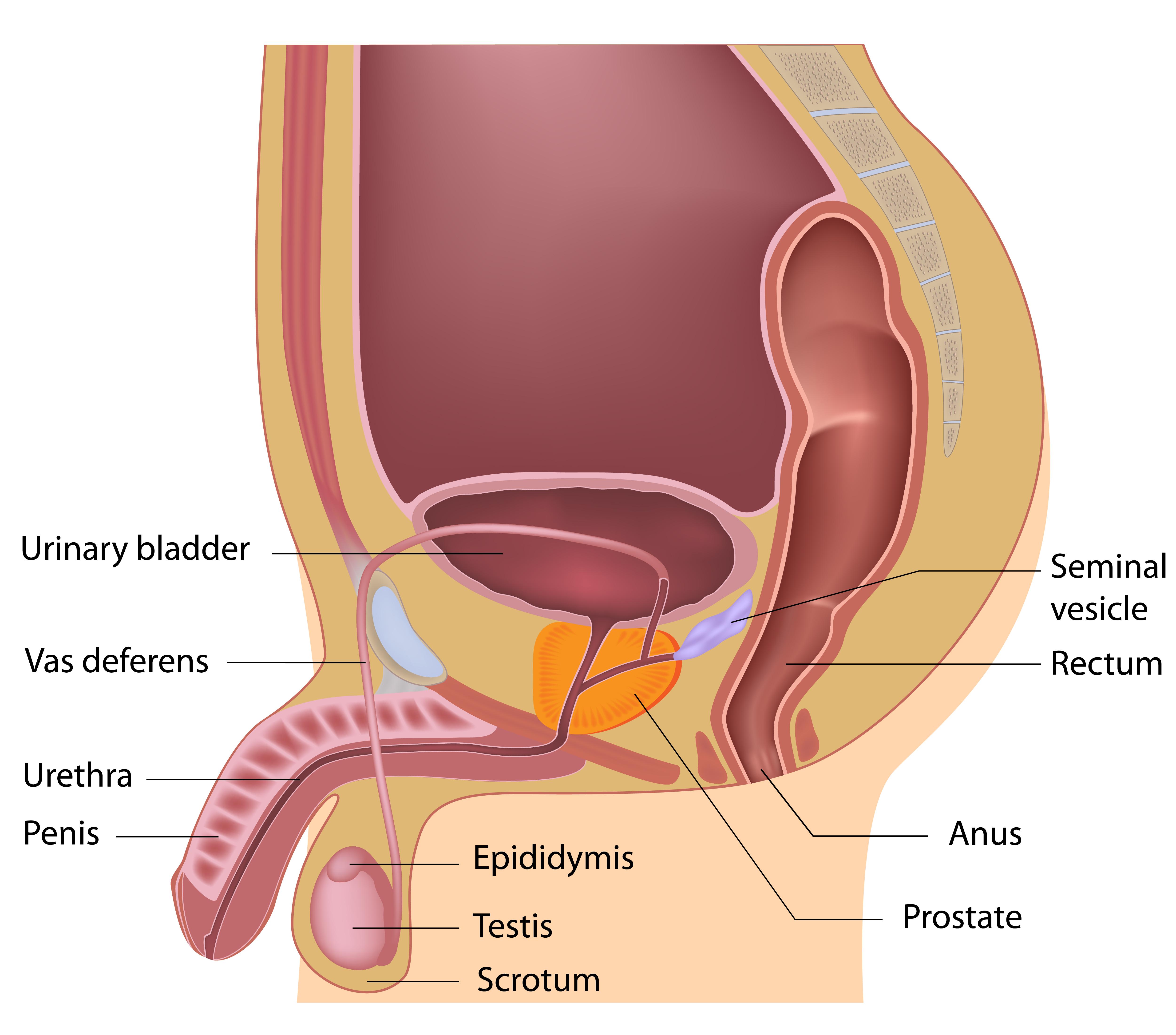Prostate and You
All about your prostate and what can go wrong with it. For example, benign prostate enlargement and prostate cancer.

As men get older, the prostate gland grows. Many will develop a condition called benign prostatic enlargement (BPE). This is sometimes called benign prostatic hyperplasia (BPH). BPE is not cancer. You do not have an increased risk of getting prostate cancer if you have BPE.


If your prostate gets bigger, it can put pressure (compression) on your bladder and urethra. This may mean you:

You will need to have some tests to find out whether you have BPH. Your GP will ask you about your symptoms and may:

If you have severe problems, you may get a choice of treatments including:
Your body is made of trillions of cells. Cells make up the tissues of our bodies. They usually grow and divide in a controlled way. When cells become old or get damaged, they die and are replaced with new cells. Sometimes this normal system is disrupted. Cells can start to grow and divide too quickly. They do not always die when they should.

If this happens, the extra cells clump together to form a lump or mass. This is called a tumour. These tumours can grow. In some cases, cells break off and spread to other parts of the body. These are called metastases. They can spread to your bones or your lymph nodes. Lymph nodes are part of your immune system.

Prostate cancer does not usually cause any symptoms. However, you may start to get symptoms if the cancer has grown large enough to start pressing on the tube that carries pee from the bladder to the outside (urethra).

Having these symptoms does not mean you have prostate cancer. They can be caused by benign prostatic enlargement. This is a non-cancerous condition. If you do get these symptoms, it is a good idea to talk to your doctor.

Age. The risk of getting prostate cancer increases as you get older. Most cases are diagnosed in men over 50.
Ethnicity. Black men over the age of 45 have a n increased risk of getting prostate cancer. one in four Black men are diagnosed with prostate cancer compared with one in eight White men.
n increased risk of getting prostate cancer. one in four Black men are diagnosed with prostate cancer compared with one in eight White men.
This video talks about family history.
© SEL Cancer Alliance [2023] All rights reserved. Information taken 13/06/23
The NHS recommends that Black men over the age of 45 speak to their GP about their risk of prostate cancer, even if people are not experiencing symptoms.
Prostate Cancer UK have a ‘check your risk’ tool on their website (link will open an external tab). You only have to answer three questions. This takes about 30 seconds.
In 2022 Prostate Cancer Research worked with Ipsen Ltd. to put together a webinar series called ‘What to Expect: A Guide to Prostate Cancer’.
In this webinar, GP Professor Mike Kirby and Advanced Nurse Practitioner Liz Cross help patients get a better understanding of the prostate, symptoms of prostate cancer and tests that your GP may need to do.